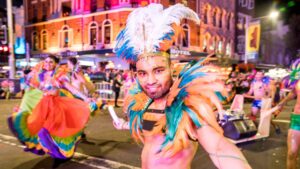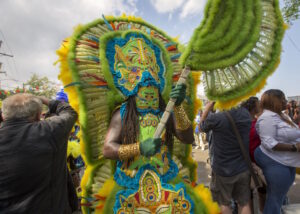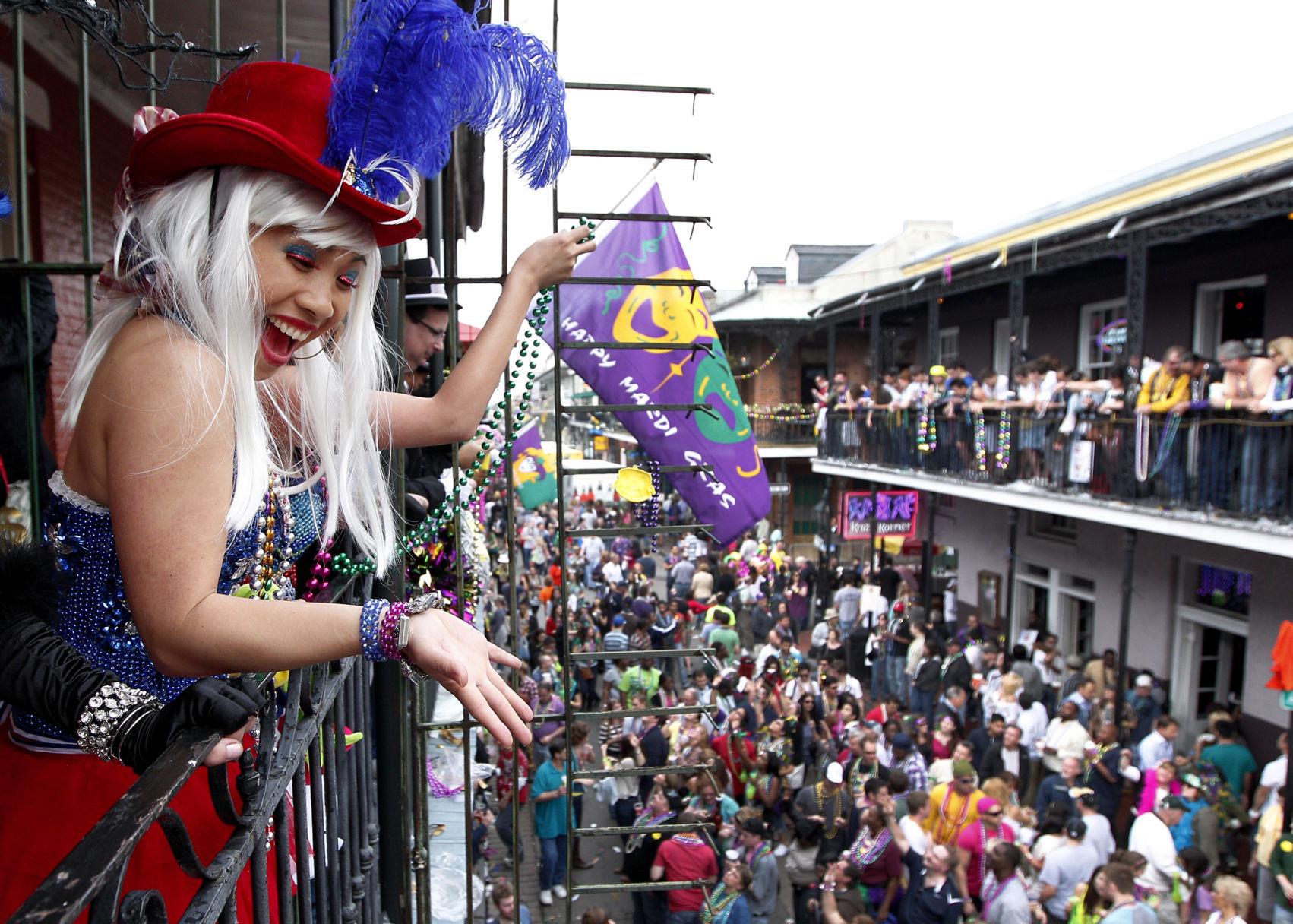Happy Mardi Gras! This is New Orleans at its best, most beautiful and most glittery.
Zulu rolls at 8am Mardi Gras Day
Rex rolls at 10:30am Mardi Gras Day followed by Elks Orleans and Crescent City.
WHAT IS MARDI GRAS??
If you can’t join the frivolity in person, here are a few livestream options for the parades, French Quarter festivities and the Meeting of the Courts
Mardi Gras, French for “Fat Tuesday,” is a lively and colorful celebration with deep roots in both religious and cultural traditions. This annual festival is renowned for its exuberant parades, vibrant costumes, and indulgent feasts, marking the culmination of the Carnival season. While this festive is most famously associated with New Orleans, Louisiana, its origins can be traced back to medieval Europe.

The origins of this festive can be traced to ancient Roman and medieval European traditions. The festival evolved from pagan celebrations of spring and fertility, later intertwining with Christian practices. This festive serves as the culmination of Carnival, a season of revelry and excess preceding the Christian season of Lent, a period of fasting and penance.
In the United States, New Orleans has become synonymous with Mardi Gras, attracting millions of visitors each year. The city’s festivities kick off weeks in advance, with colorful parades, extravagant balls, and lively street parties. Revelers don elaborate costumes, adorned with masks, feathers, and sequins, creating a spectacle of visual delight. Traditional symbols like the fleur-de-lis, jesters, and the iconic Mardi Gras colors—purple, green, and gold—pervade the celebrations.
Parades are a central element of this festive, featuring ornate floats, marching bands, and flamboyant costumes. Krewes, social organizations responsible for organizing the festivities, plan and execute these processions. Each parade has its unique theme, reflecting the creativity and diversity of the participating krewes.

Culinary delights play a significant role in this festive celebrations. Indulgent foods such as king cake, a sweet pastry adorned with colored sugar, and gumbo, a rich and hearty stew, are enjoyed throughout the festivities. The practice of throwing beads, trinkets, and doubloons from parade floats adds an interactive and festive element, with spectators eagerly vying for these coveted treasures.
While Mardi Gras is renowned for its revelry, it also holds cultural and historical significance. The festival serves as a moment of unity, bringing people from diverse backgrounds together to celebrate shared traditions. It reflects the unique blend of French, African, Spanish, and Creole influences that characterize the cultural tapestry of New Orleans.
In conclusion, Mardi Gras is a spirited celebration that encapsulates a rich tapestry of history, culture, and tradition. Its origins may be rooted in ancient customs, but the modern-day festivities continue to captivate with their vibrant energy, elaborate parades, and communal spirit. Mardi Gras stands as a testament to the enduring power of celebration and revelry in fostering a sense of community and shared joy. FOR MORE INFORMATION CLICK…




